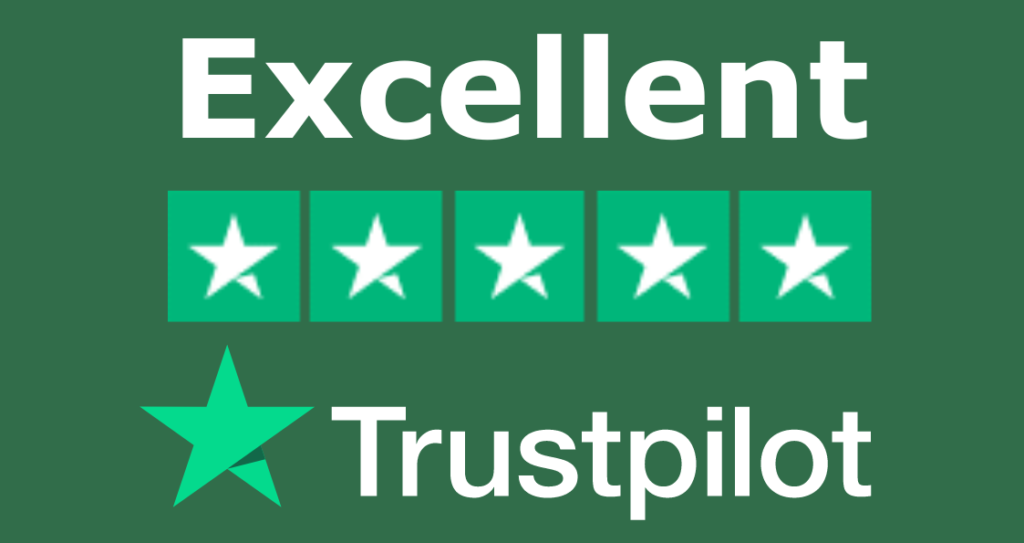As a business owner, freelancer, or sole trader, you always aim to deliver the best possible customer experience. You will go above and beyond to ensure that their needs are met, that any information is fully understood and that the work or advice provided is delivered to the expected standard.
There may be circumstances where your professional service hasn’t met the recipient’s expectations, and your services have been deemed inadequate. In some cases where a resolution cannot be met between you and your client, they may wish to seek legal advice and ultimately decide to make a claim against you through the courts.
These cases usually arise when a client believes you have acted negligently, have provided incorrect information or training, or have made an error that has resulted in them losing money.
Professional Indemnity Insurance, also called Professional Liability Insurance, is a way to protect yourself if any of the above situations occur.
Who needs professional indemnity insurance?
You should take out professional indemnity insurance if you are a professional and offer the following as part of your service:
- Knowledge
- Skills
- Advice
You should also consider buying professional indemnity insurance if you provide these elements to your customer as a peripheral service to your main product such as where you manufacture an item or construct a property.
Some professional bodies and regulators require certain professions to have professional indemnity insurance and these include:
- Chartered Surveyors
- Financial Advisors
- Insurance Brokers
- Some Healthcare Professionals
- Architects
- Accountants
- Solicitors
In the same vein, any business or professional offering services or who is handling sensitive data and intellectual property should protect themselves with a professional indemnity insurance policy.
As with most things, it is better to be prepared than to deal with the consequences and losses should any issues arise.
What does professional indemnity insurance cover?
If someone does proceed with a claim for financial loss due to your negligence, bad advice or service, professional indemnity insurance will not only indemnify you against any awards should the court adjudicate against you but the policy will also pay for your legal costs to assist you in the defence of the claim. These defence costs can also be significantly prejudicial in the event that spurious claims are made against you as they do of course still need to be defended even if you feel they do not have any merit.
Other areas that professional indemnity insurance covers are:
- Document Loss – if you were to misplace or lose important documentation or documents of a sensitive nature.
- Confidentiality Breaches – if you were to disclose to a third party private or sensitive information that can be financially detrimental to their business.
- Data Protection / Copyright – this includes leaking data or failing to protect client data and plagiarising or misusing copyrighted work.
You must note that even if you offer free services or advice, people still reserve the right to put a claim against you for their losses.
What doesn’t professional indemnity insurance cover?
It is also important to understand what isn’t included in professional indemnity/liability insurance to ensure you and your business are fully protected from potential risks.
Professional indemnity policies are complex documents and will differ significantly between insurers. As such we can’t tall you precisely what is and isn’t covered however in general terms, a PI policy doesn’t cover Public Liability or Employer Liability. Nor does it cover reputational damage that a client may have suffered as a result of your services.
Taking out professional indemnity insurance
Because of the complex nature of insurance and the points raised above, you must speak with your insurance broker in order to understand the coverage that you need for your specific profession.
Insurance premiums will vary depending on you’re the nature of your business and the level of the policy limit that you require. Insurers will also consider your annual turnover and if you have made any previous claims. For certain regulators, a minimum amount of cover must be taken out, so it is essential to check with your professional body what this may be before speaking with your insurer.
It’s likely you will need to fill out an extensive proposal form in order to obtain a quotation for PI. This, however, is a good way to ensure that you have properly communicated the underlying nature of your business to the insurance market in order that they can properly price and accept your risk. We would recommend avoiding policies that are based on pre-determined statements of fact as they can leave scope for cover to be avoided by the insurer in the event of a claim.
The questions insurers will ask prior to providing a quotation will vary significantly however they will be seeking to determine such things as:
- Can you afford legal costs if you were to have a claim put against you?
- What mistakes could be made, and what are the potential financial ramifications of these mistakes?
- How difficult would these mistakes be to resolve?
- Do your clients have the financial means to put a claim against you should they wish to?
Planning Ahead
Professional indemnity insurance is a safety net that you hope not to need but will be glad to have should a problem arise. Understanding the exact level of insurance your profession requires can be tricky, but that is where your insurance broker can help.
Speak with a member of the Sustain team today to discuss your Professional Indemnity Insurance options and ensure you are fully protected.















